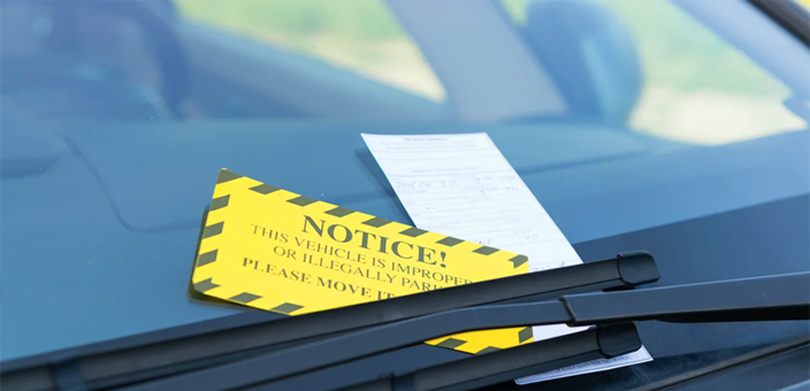While looking out for rental properties, one aspect should be considered: Are tenants entitled to parking space in a CHS? The answer to this question is that many societies still do not allow tenants for optimal parking space within the society and rather fine for the same. Explore this blog to learn about the parking issues faced by the tenants and corrective actions against them.
Page Contents
Problem Regarding Vehicles Parking
 As per the tenants, most of the flat owners do not buy any space for parking. Even if space is available in the parking area, the tenants are still not allowed to park their vehicles.
As per the tenants, most of the flat owners do not buy any space for parking. Even if space is available in the parking area, the tenants are still not allowed to park their vehicles.
Hence, they are forced to park their vehicles in an open space inside or outside the premise. The tenants are also warned to get fined if they park their cars in the parking area.
 Many renters are reluctant to rent a house in Mumbai, Delhi, and Bengaluru if it lacks parking. Others are content to park on the street if it is manageably simple.
Many renters are reluctant to rent a house in Mumbai, Delhi, and Bengaluru if it lacks parking. Others are content to park on the street if it is manageably simple.
In general, the managing committee or first-come, a first-serve policy is used to determine who gets the parking facility.
Due to the limited availability of parking spaces in society, it is the owner’s duty to secure the necessary parking facility for the renter.
Laws Related To Vehicle Parking

A renter cannot be refused parking, according to the Development Control Rules created under the Maharashtra Regional and Town Planning (MRTP) Act, 1966.
![]() According to a Supreme Court decision, a renter may utilise a parking place that belongs to the owner since he has complete control over it.
According to a Supreme Court decision, a renter may utilise a parking place that belongs to the owner since he has complete control over it.
Only members are permitted to occupy and utilise parking spaces, according to the Co-operative Societies Act.
![]()
If there is extra parking, the committee may assign the place to a resident in exchange for payment. The general body will set the fee, which the inhabitants must pay.
The renter cannot be refused to park, in accordance with the development control (DC) regulations established by the MRTP (Maharashtra Regional and Town Planning) Act, 1966.
![]()
The DC Rules oversee parking regulations, so society shouldn’t discriminate. If an owner qualifies for a parking place, the tenant should likewise benefit from that space.
What To Do When Denied Vehicle Parking
 Before signing the lease agreement, the tenants should carefully read everything. In this document, the conditions of property use should be made very clear.
Before signing the lease agreement, the tenants should carefully read everything. In this document, the conditions of property use should be made very clear.
The tenant has the right to utilise any parking spot that is mentioned in the lease agreement. For a lack of service, tenants may also go to the cooperative court, registrar’s office, or consumer forum.
The lease agreement is enough to keep as proof if any restriction is put. It will help in taking corrective actions against society.
FAQs
| Q1: Can a housing society sell parking areas?
Ans: The Supreme Court stated in 2010 that developers do not have the authority to offer parking spaces to homeowners, including garages or stilt parking. However, they have the right to charge a house buyer a fee for the common areas/facilities that is proportionate to the carpet area of the unit. |
| Q2: Can the common area be used as a parking space?
Ans: The Common area is meant for all, hence, it cannot be utilised for personal purposes even on a temporary basis. |
| Q3: What have covered parking and open parking?
Ans: There is no cover in the open parking lot. Open parking lots cannot be lawfully sold. Once a society is established, it may offer open parking spaces to its members in exchange for a small charge. The builder is legally able to sell only covered parking to the members in the contract. |
| Q4: What is the eligible parking space area allotted to any member?
Ans: The eligible parking space area allotted to any member is 13.75 square metres. It must not be less than 1.25 square metres for a 2-wheeler. |








